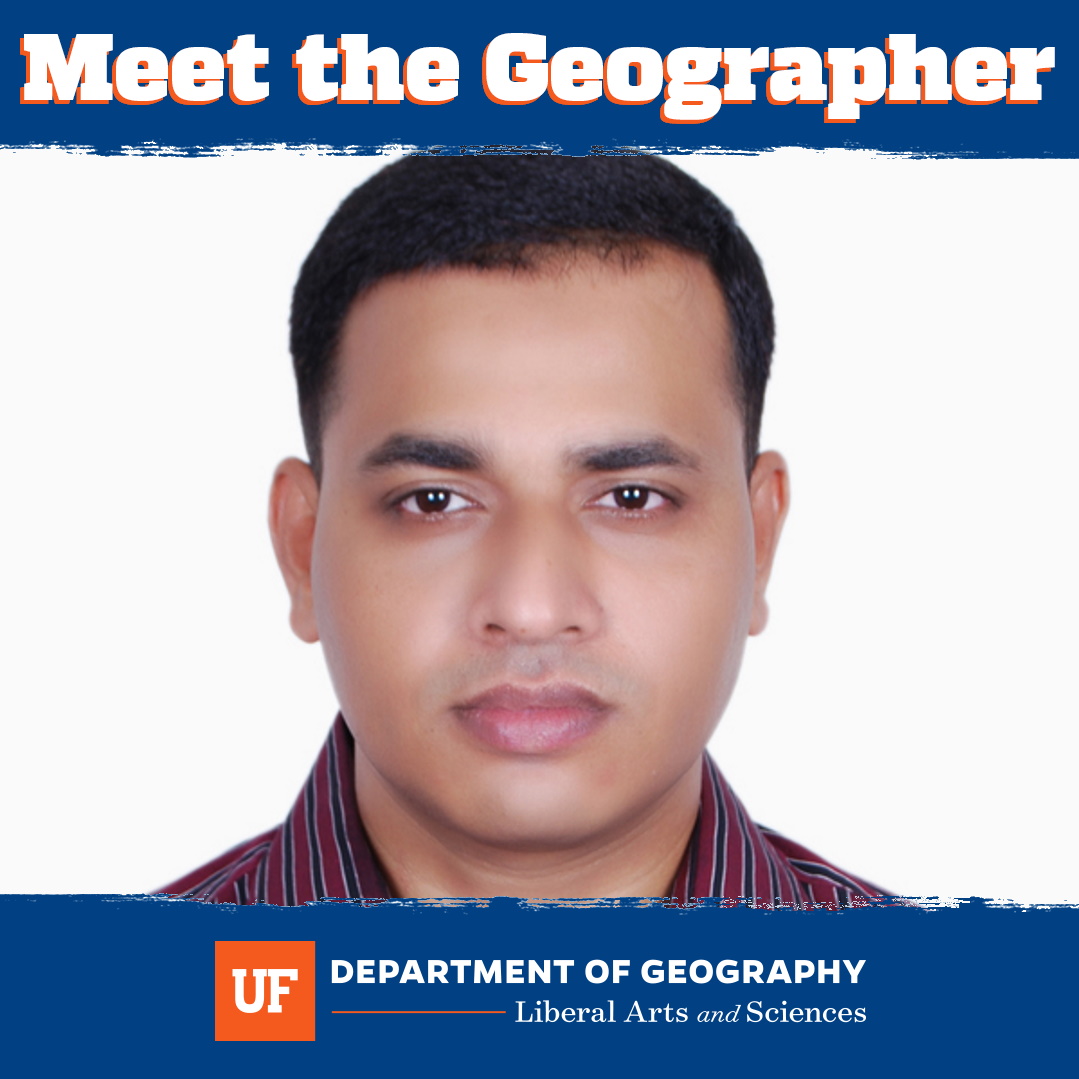 Mohammad Mehedy Hassan
Mohammad Mehedy Hassan
Pronouns: he/him
University of Florida
Adviser: Dr. Jane Southworth
Focus Area:
Research Statement:
I am a geospatial scientist with an interest in the use of remote sensing (RS) and geospatial techniques analyses to better understand the complex socioecological process of landscape transformation, vegetation-climate change interactions, and issues of urbanization in the developing world. Specifically, I focus on the study of land use, land cover change, and land change modeling, environmental decision analysis, landscape ecology, and developing methods for flood risk assessment. I use novel machine learning algorithms and advanced RS techniques to determine land cover changes, utilizing spatial analytical methods to better understand the spatial patterns and temporal dynamics of the features under study. The synergy of this interdisciplinary approach is galvanized by interactions with big-data science, geospatial analysis, and geographic principles. My goal is to enhance data driven decision-making to support better stewardship of both environmental health and human welfare in fragile landscapes. In the future, I hope my research will enable me to more insightfully assess the impact individual, collective, and institutional behaviors have on the physical characteristics of the Earth’s surface, and the changes that happen as a result of this behavior. I intend to assimilate data gathered via conventional remote sensing, imagery from unmanned aerial systems, and social sensing (e.g. geotagged imagery information from social media, Google Picasa, Yahoo’s Flickr, Twitter, Facebook, Instagram, and so on) to improve our understanding of the role these factors play. Currently, my research spans across the developing country Bangladesh, where environmental changes rapidly occur. Unfortunately, there is very little knowledge available in this regard, and the information we do have is fragmented. Given Bangladesh’s geographical position, diverse ecosystems, and recent socioeconomic developments along with the imminent threat of global climate change and rising sea levels, it is an important region to study. My future interests, however, are global. My long-term plan to become a faculty member in a university and lead a research lab that will prepare next generation scientists and innovative research in GI Science. Obtaining a PhD degree is the first cornerstone to achieve my cherished goal which I will achieve this spring of 2021. Being a first-generation college student from an underprivileged country, the journey through this path was not so easy. It was full of challenge, hurdle and hardship, trial, and tribulation, that all I came across, I overcame all and am still overcoming more, and I am prepared to face any challenge and hardship that comes next.
Who is he?
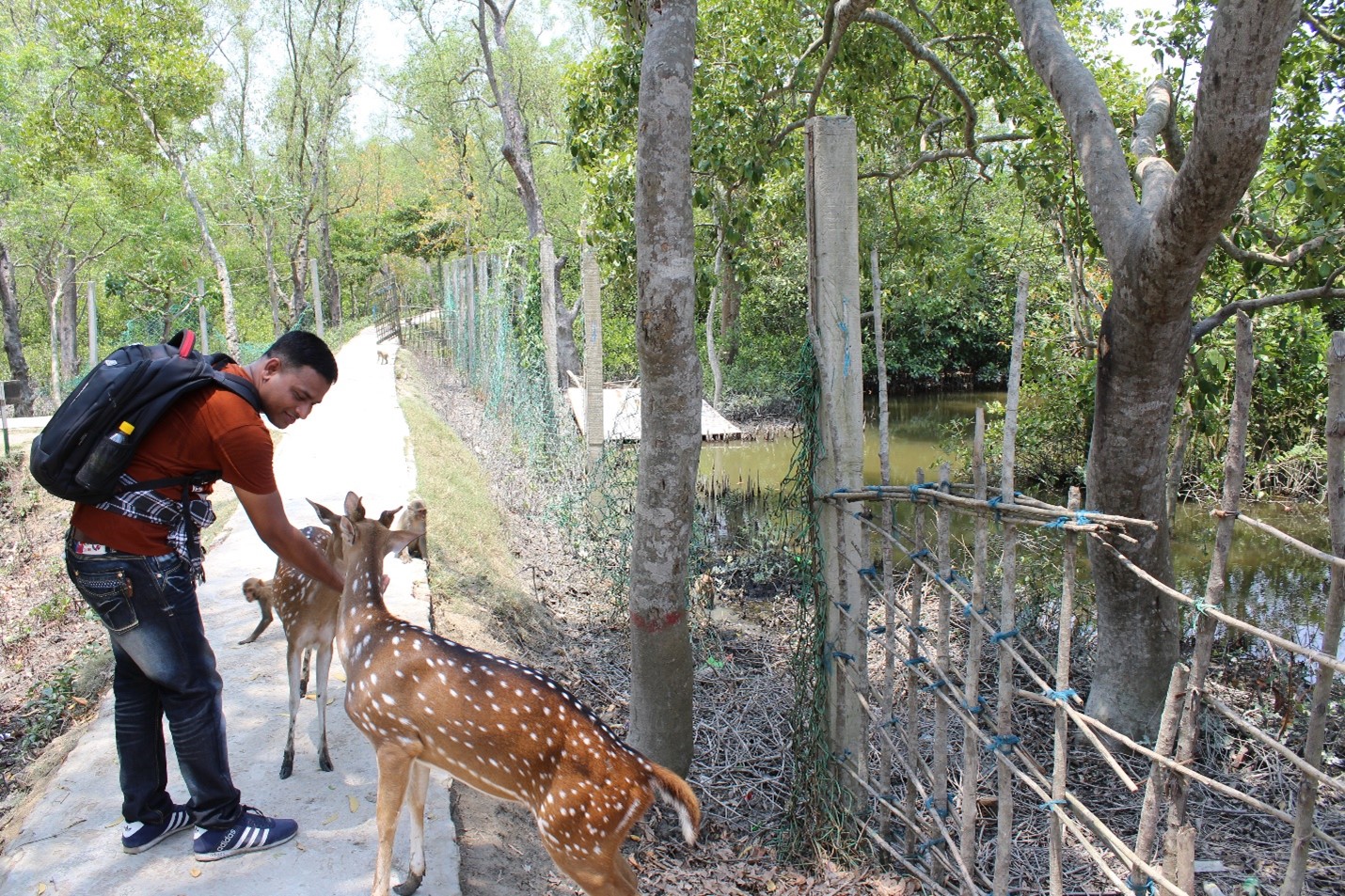
Mehedy is a geospatial scientist who uses remote sensing tools to study climate change and urbanization in the developing world.
How did he get here?
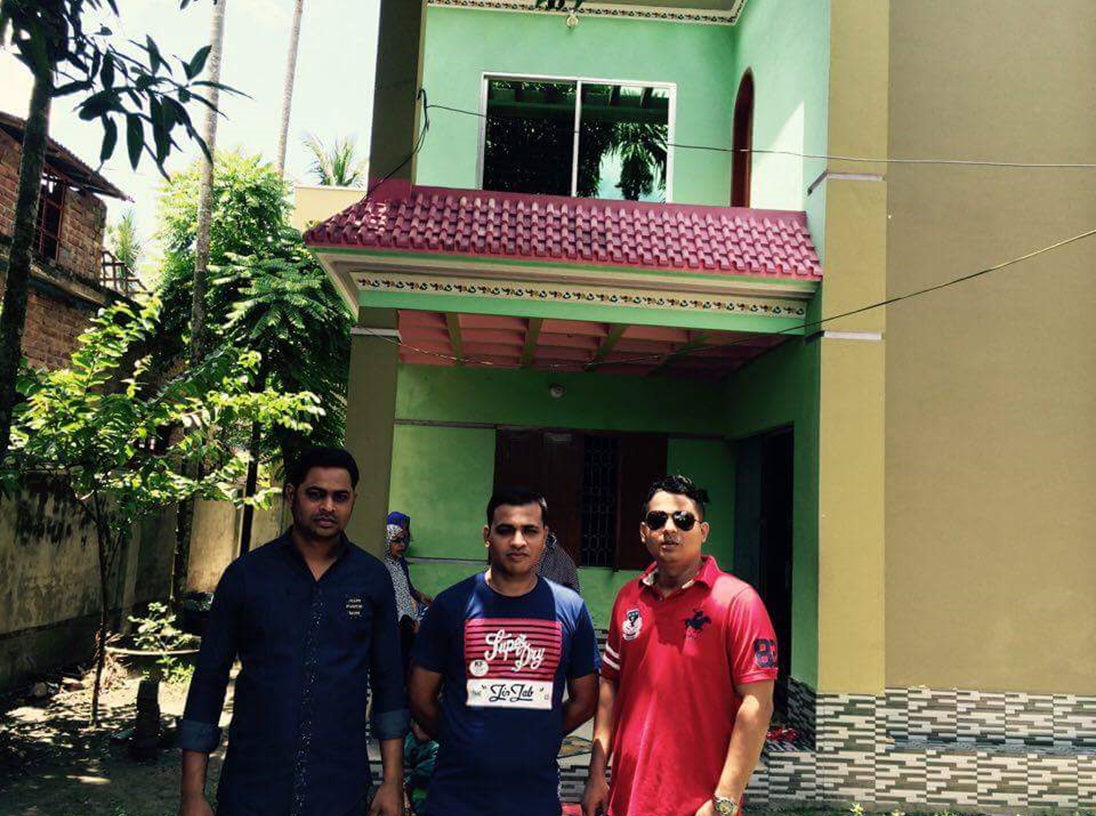
Mehedy grew up at Parulia in the district of Satkhira, Bangladesh, a rural community on the Labangabati River, just a little upstream from the Bay of Bengal. Many families – including Mehedy’s – farm shrimp in the low fields, crisscrossed by many streams and rivers. This low-lying region experiences cyclones, tornadoes, and flooding every year. When Mehedy was in primary school, a cyclone devastated the southwest coast of Bangladesh including the village Parulia . During the storm, Mehedy’s house collapsed and he had to flee for his life to a shelter with his mother. Many of his villagers were not so fortunate. This early experience has shaped Mehedy’s research, “I witnessed the devastating effects of cyclones and tornadoes that cause unimaginable destruction of lives, property, and livelihood on an annual basis.” While Mehedy approaches large climate and policy questions, he always centers his research in a deep empathy for those most directly impacted by climate change and an appreciation for every day he is here.
During higher secondary study at Khan Bahadur Ahsanullah Govt. College, Mehedy became interested in geography. His father had dreamed that Mehedy would study English literature at the university and eventually become a government service officer. After high school, Mehedy took the admissions test for Dhaka University – the most selective institution of higher education in Bangladesh. When Mehedy moved to the campus of Dhaka University, he was the first member of his family to attend a university.
While pursuing his Bachelor of Science in Geography, Mehedy quickly became involved with the Dhaka University Debating Club, and the blood donation group, Badhon. Mehedy also founded a student organization named Esamati-Kakshali – named for the two rivers that cross his hometown – to help students from his native Debhata and Kaligonj region. As Mehedy was finishing his undergraduate degree, his father died, and he wanted to help underprivileged people in his hometown. Mehedy and his community members established a charity to provide free, weekly health checkups for poor villagers in his hometown. Today this charity organization has a complex dedicated to providing free medical checkups and necessary medicine for needy villagers twice a week.
Upon completing his undergraduate studies, Mehedy had the opportunity to stay at the University of Bangladesh as a graduate student in the Department of Geography. He had no plan to become a researcher, but he enjoyed learning and appreciated the intellectual rigor of the university environment. Mehedy found that Geography gave him a useful scientific toolkit for studying a changing environment.
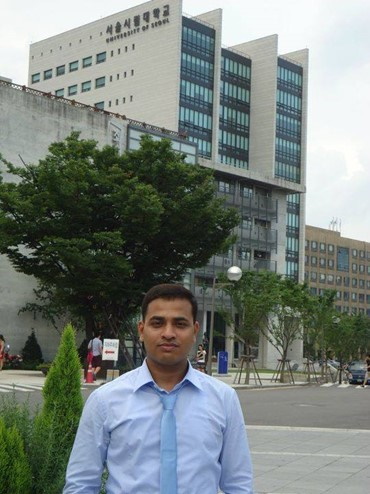
When Mehedy finished his Master of Science in Geography, he moved to the University of Seoul on a scholarship for exceptional international students to pursue a Master of Science in Geoinformatics. During his 2 years in South Korea, Mehedy worked long hours, often sleeping in the lab. While at the University of Seoul, Mehedy wrote An application of the UrbanSim land price model in Yongsan-gu, Seoul, Korea and A microscale simulation of land prices, household and employment growth using UrbanSim in Yongsan-Gu, Seoul, winning the Best International Student Scholarship. Although graduate school kept Mehedy very busy, he couldn’t help thinking about the environmental and climatological problems back home in Bangladesh. Although Mehedy was invited to continue his studies at universities in South Korea, he chose to return to Bangladesh.
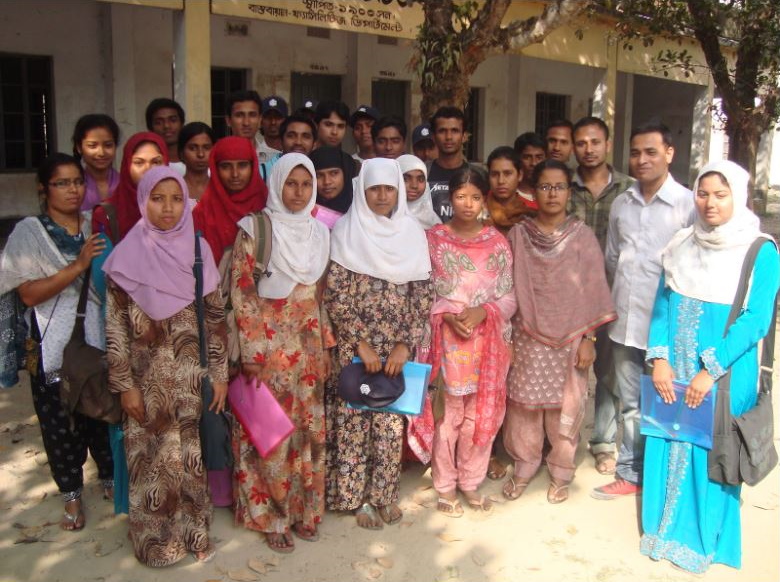
With a second Master’s degree in hand, Mehedy returned to Dhaka and got to work at The Centre for Urban Studies (CUS), Dhaka as a geospatial analyst looking at land transition in southern Bangladesh. After a few years working with different organization in Bangladesh, Mehedy began to conduct independent research, publishing Examination of land use/land cover changes, urban growth dynamics, and environmental sustainability in Chittagong city, Bangladesh and Measuring Tourist Service Satisfaction at Destination: A Case Study of Cox’s Bazar Sea Beach, Bangladesh
which explored land cover change in Bangladesh’s second largest city Chittagong and how tourists interact with the world’s longest unbroken sea beach; Cox’s Bazar in Bangladesh.
While conducting independent research, Mehedy came across remote sensing and land use change papers by UF’s Dr. Jane Southworth and applied to join her at UF’s Land Use and Environmental Change Institute as a doctoral student. Mehedy was awarded a four-year Graduate Student Fellowship (GSF) from the University of Florida graduate school; a highly competitive and prestigious stipend awarded to the strongest PhD applicant to pursue their research and studies at the UF graduate school.
What’s he been doing at UF?
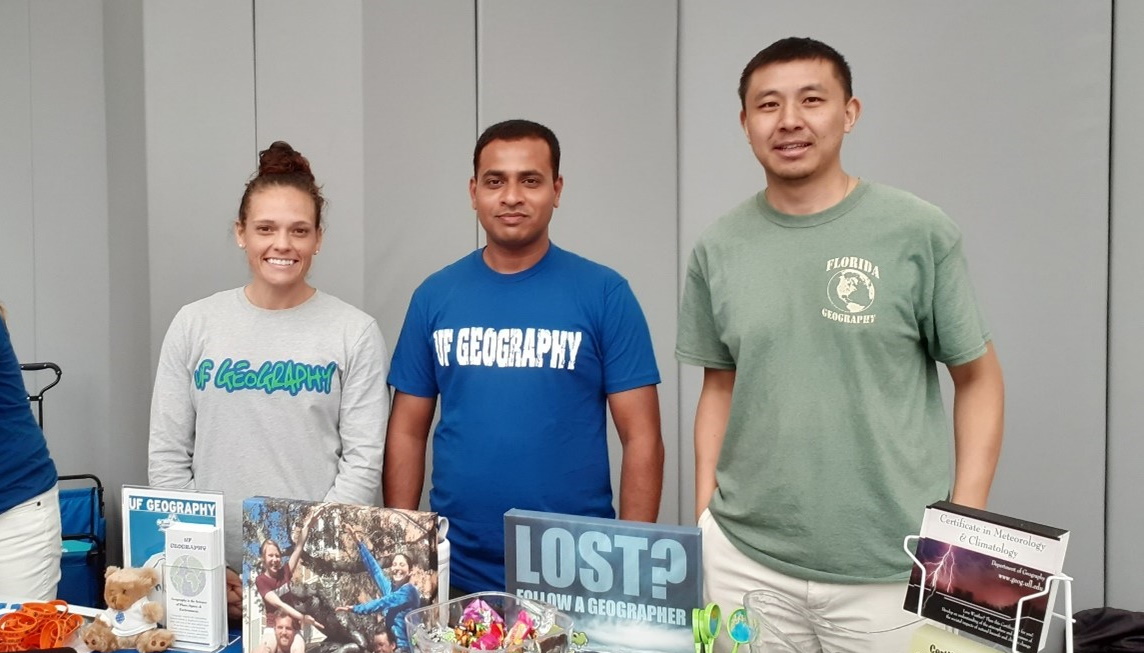
When Mehedy joined the Geography Department in 2016, he had already published a paper on remote sensing, but had never taken a course in it. After taking Dr. Southworth’s GEO6938 Advanced Environmental Remote Sensing, Mehedy took every remote sensing course offered at the University of Florida. Mehedy has shared his knowledge with students, teaching GIS4037 Digital Image Processing/Remote Sensing and serving as a TA in GIS3043 Foundations of Geographic Information Systems.
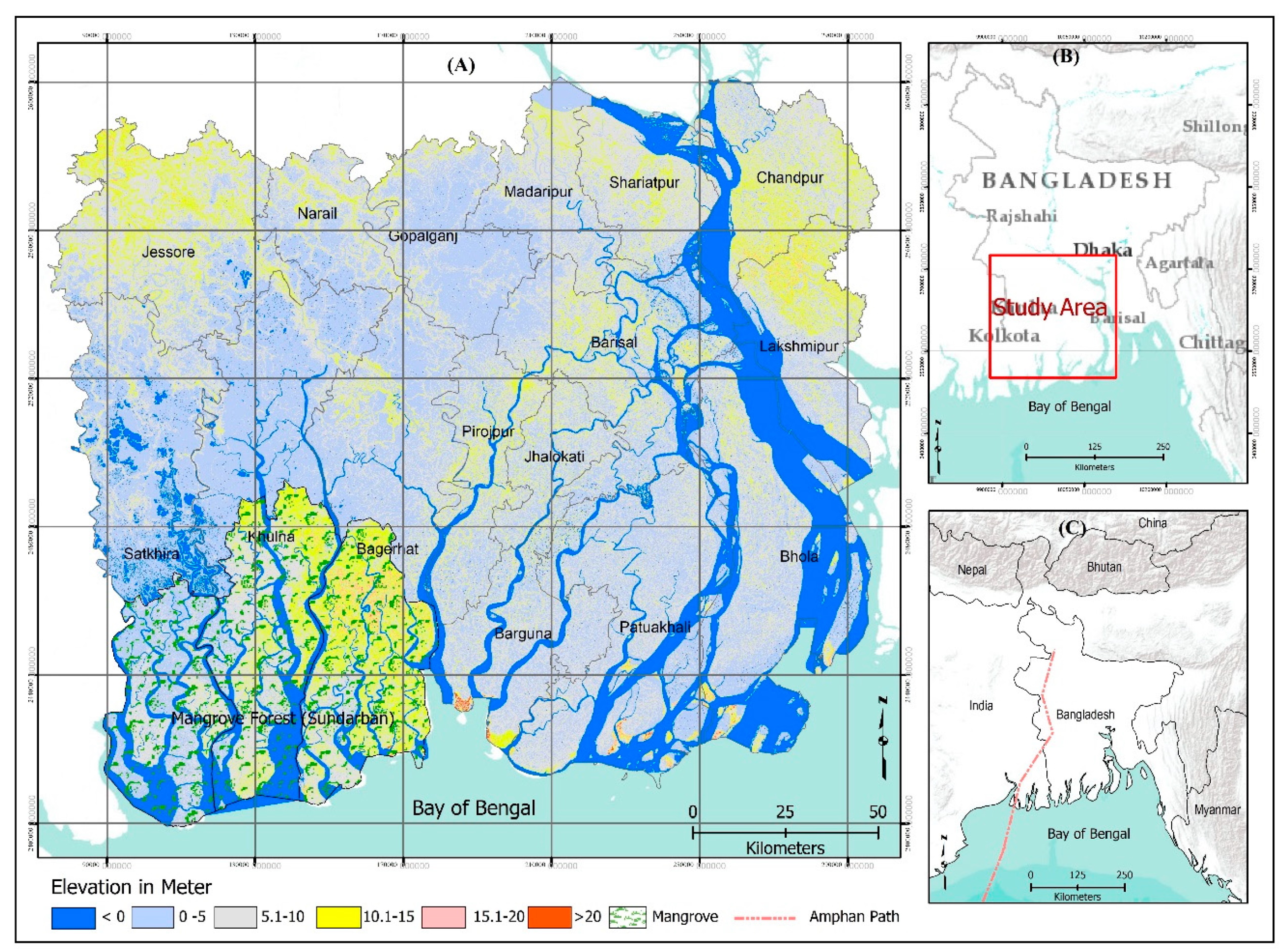
A scholar doesn’t just build new skills and teach students. Mehedy has led six published papers in the last four years in graduate school: Monitoring land use/land cover change, urban growth dynamics and landscape pattern analysis in five fastest urbanized cities in Bangladesh, Analyzing Land Cover Change and Urban Growth Trajectories of the Mega-Urban Region of Dhaka Using Remotely Sensed Data and an Ensemble Classifier, Rohingya Refugee Crisis and Forest Cover Change in Teknaf, Bangladesh, Spatial pattern analysis of manufacturing industries in Keraniganj, Dhaka, Bangladesh, Spatial pattern analysis of manufacturing industries in Keraniganj, Dhaka, Bangladesh, and A Quantitative Framework for Analyzing Spatial Dynamics of Flood Events: A Case Study of Super Cyclone Amphan.
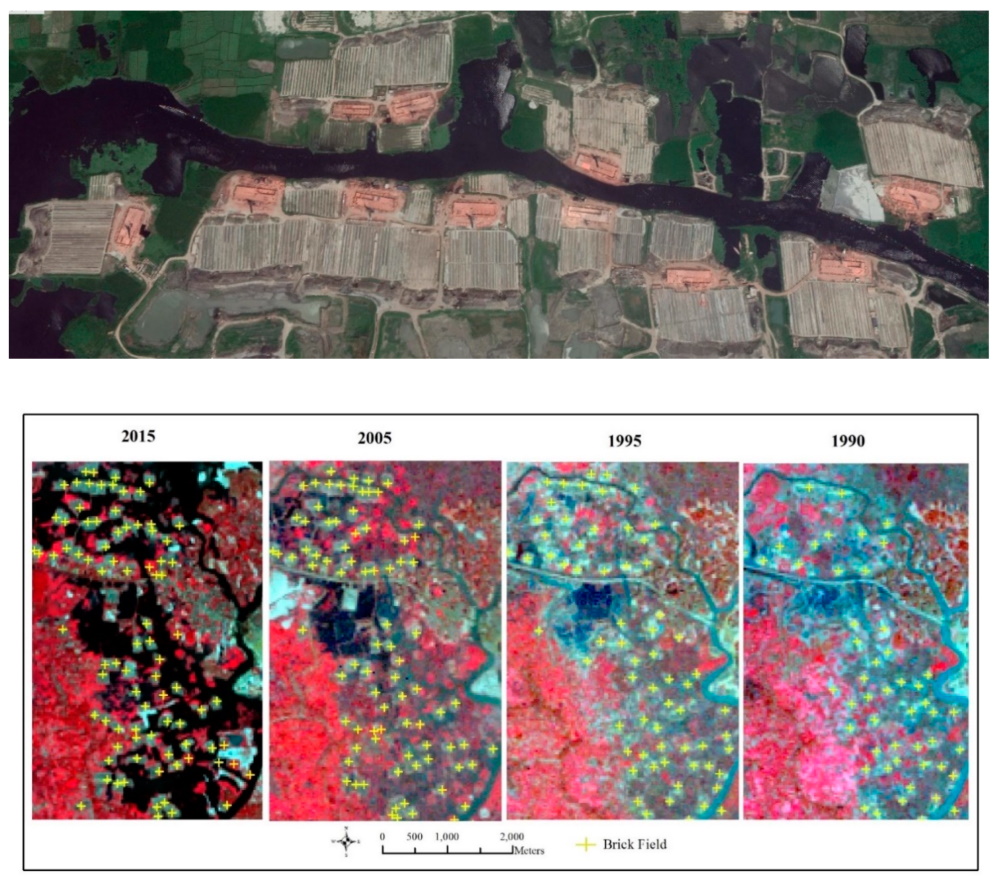
These papers explore the employment of remote sensing and GIS techniques to examine how land cover and vegetation dynamics have changed, in relation to growing anthropogenic pressures and climatic disturbances across Bangladesh.
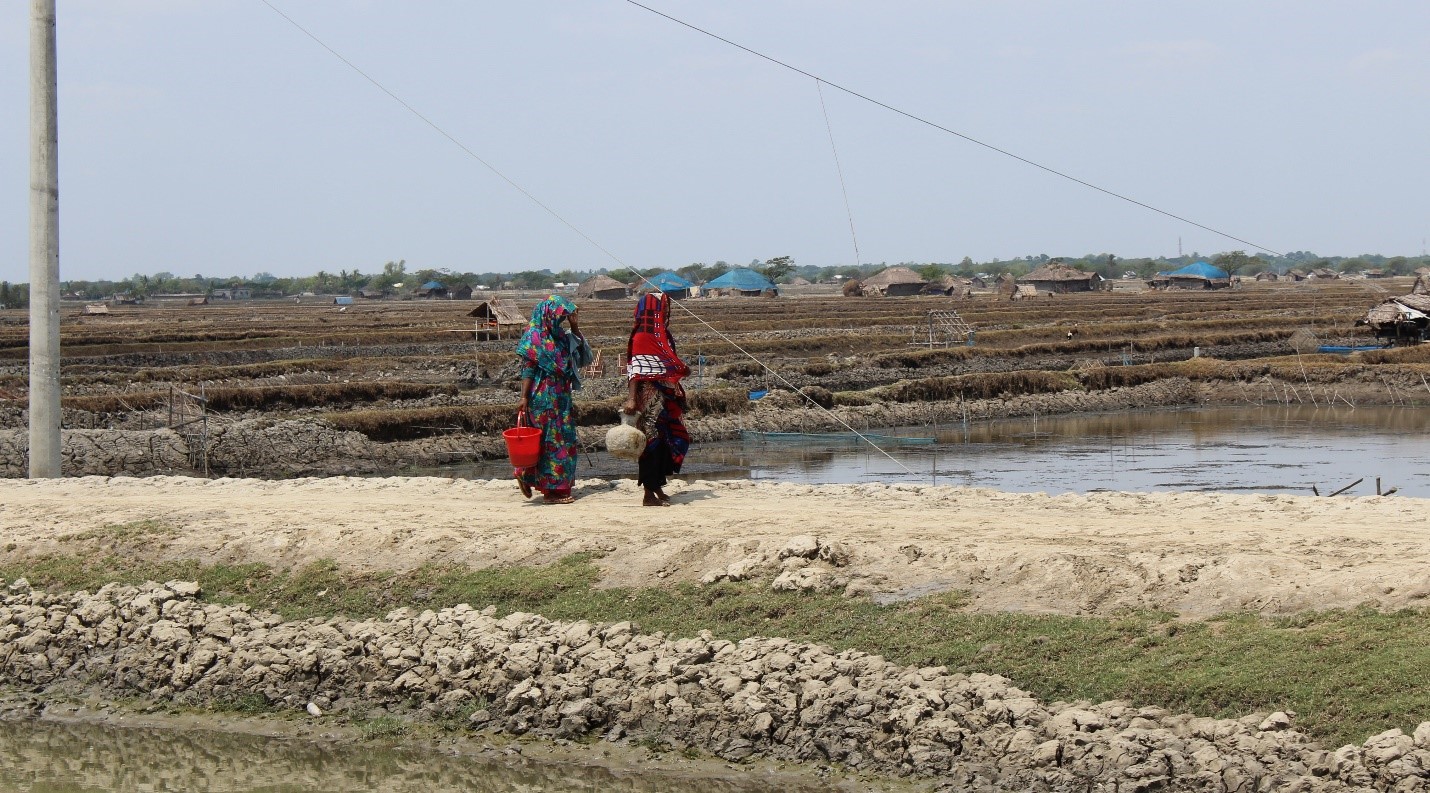
Mehedy didn’t stop winning awards for research excellence when he left the University of Seoul. Since becoming a GeoGator, Mehedy has won the following awards:
- Top student paper in Global, Environmental, & Social Change, 2018
- Top student paper in Geospatial Analysis & Techniques, 2018
- Best Graduate Student Paper Presentation, Florida Society of Geographers Annual Meeting, 2019
- Top student paper in Global, Environmental, & Social Change, 2019
- Top student paper in Geospatial Analysis & Techniques, 2019
- UF Geography Department Award for Research Excellence, 2020
How has he been holding up during the pandemic?
In the early days of the global pandemic, Mehedy kept up with writing papers, holding office hours, and undergraduate mentoring – all of this while working from home. As soon as Mehedy received his health screening in June, he eagerly returned to his office on campus, often working in his office from before sunrise to after sunset. In anticipation of completing his degree this spring, Mehedy has been scouring academic job boards and putting together job applications.
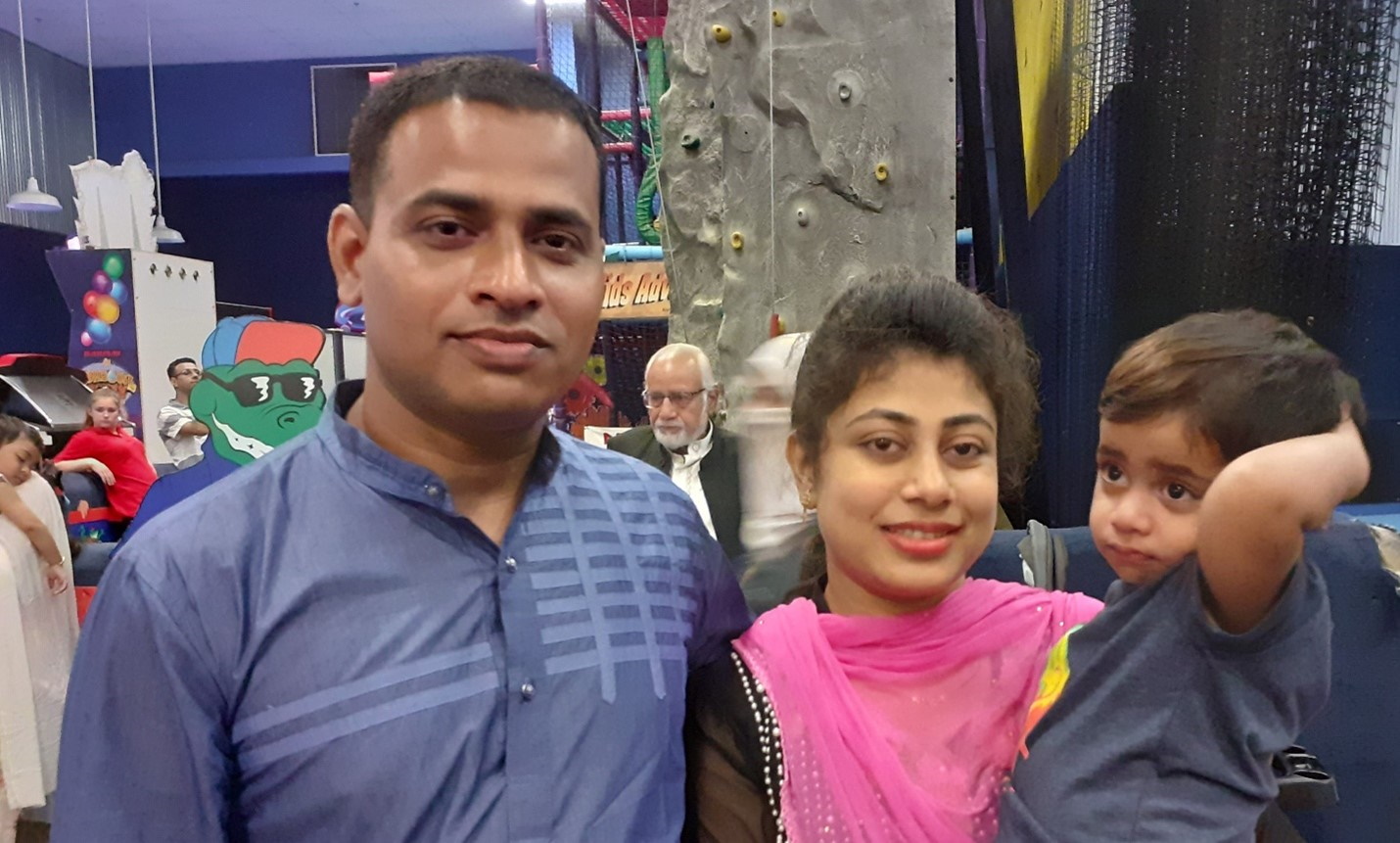
Mehedy’s life isn’t just work – he makes sure to reconnect with his roots in a rural farming village by visiting the farmers market often and going fruit picking with his family at farms whenever he can. He has also spent many of his weekends fishing in Cedar Key and the St. Johns River.
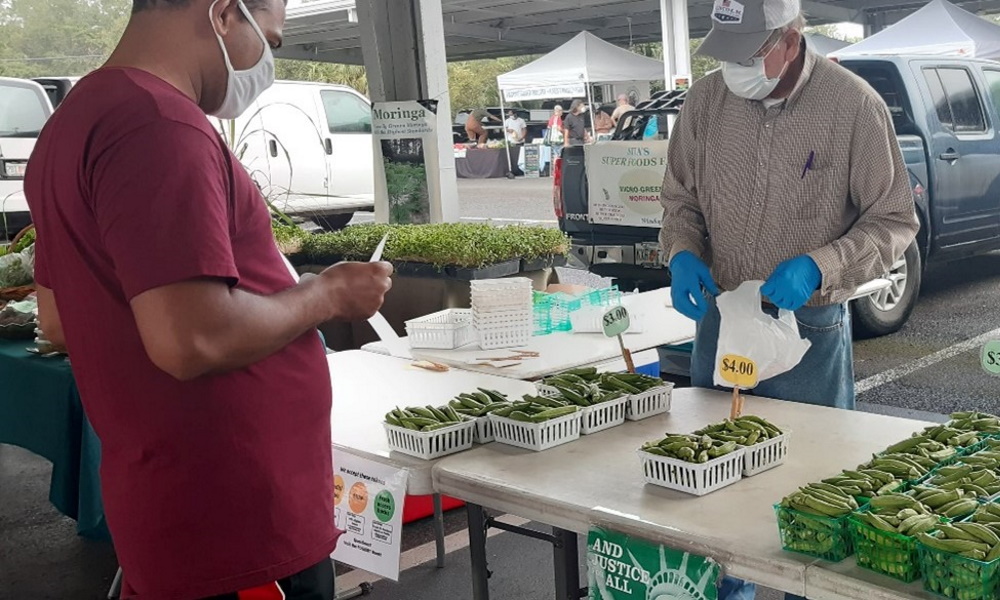
Credit: Mike Ryan Simonovich